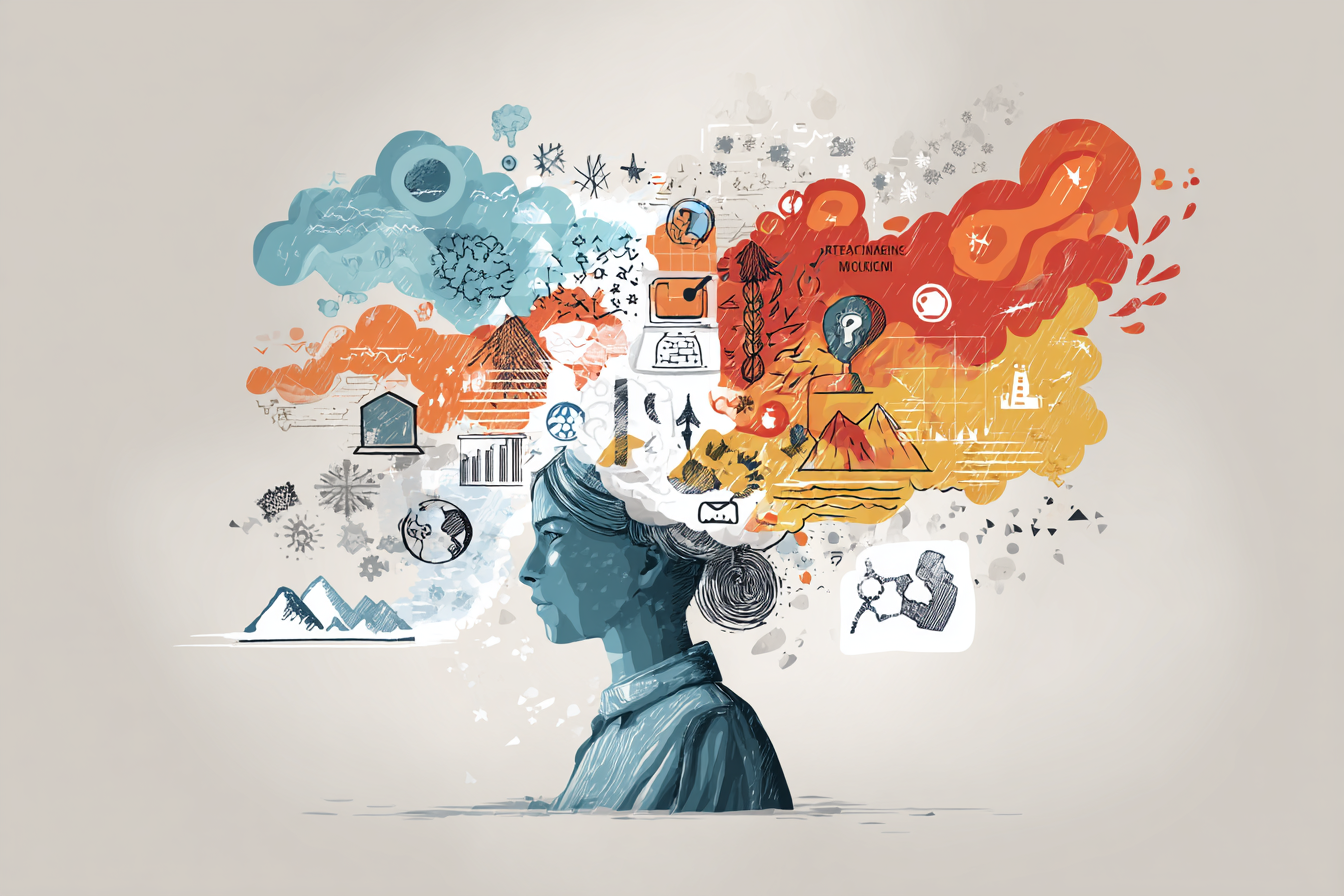Introduction: Shifting Paradigms in the Workplace
The COVID-19 pandemic has accelerated the adoption of remote work, leading many organizations to embrace this model as the future of work. However, as we move beyond the pandemic, it becomes clear that the future of work may not solely hinge on physical location. Instead, it is increasingly becoming about cognitive capabilities — how we leverage advanced technologies to enhance human intelligence and productivity.
The Rise of Cognitive Technologies
Cognitive technologies encompass a range of AI-driven solutions designed to mimic human thought processes. These include machine learning, natural language processing, and neural networks. Rather than merely automating tasks, these technologies augment the decision-making capabilities of employees and help organizations innovate more rapidly.
- Enhanced Decision-Making: Cognitive technologies can analyze vast amounts of data in real time, providing insights that enable faster and more informed decisions.
- Personalization: By understanding user behavior and preferences, cognitive systems can create personalized experiences for employees and customers alike.
- Improved Collaboration: AI tools facilitate communication and collaboration across teams, allowing for seamless sharing of information and ideas, regardless of location.
Transforming Work Processes
As organizations adopt cognitive technologies, traditional work processes are transforming. For instance, companies are increasingly implementing AI-driven tools for everything from hiring to project management.
Recruitment is one area where cognitive technologies are making significant inroads. AI algorithms can sift through thousands of resumes and identify the best candidates based on specific criteria, freeing recruiters to focus on more strategic tasks such as engaging with candidates and enhancing the overall candidate experience.
In project management, cognitive tools can predict project risks by analyzing historical data and current project metrics. This proactive approach enables teams to mitigate risks before they escalate, promoting more efficient project completion.
The Human Element: Skills for a Cognitive Future
While cognitive technologies are transforming the workplace, the human element remains crucial. As organizations invest in these technologies, there is an increasing demand for employees to develop new skills that complement AI and machine learning.
- Cognitive Flexibility: Employees must be able to adapt to new tools and technologies, shifting gears quickly as needs change.
- Emotional Intelligence: As AI takes over routine tasks, the ability to understand and manage emotions will distinguish human workers from machines.
- Analytical Skills: Employees should enhance their ability to interpret data and derive actionable insights, working alongside AI to make informed decisions.
Challenges and Considerations
While the cognitive workplace presents many opportunities, it is not without challenges. Organizations must address issues such as data privacy, bias in AI algorithms, and the potential displacement of jobs due to automation.
To navigate these challenges, companies should develop clear ethical guidelines for AI usage, ensuring transparency and accountability in decision-making processes. Additionally, organizations should prioritize upskilling and reskilling programs to ensure that employees can thrive in a cognitive workplace environment.
Conclusion: The Path Forward
The future of work is not just about where we work; it’s about how we think and collaborate. By embracing cognitive technologies, organizations can unlock new levels of productivity and innovation. However, to fully realize this potential, there needs to be a strong focus on the human skills that will complement these technologies. By fostering a culture of continuous learning and ethical AI practices, organizations can lead the way into a future where work is not merely remote but fundamentally cognitive.

